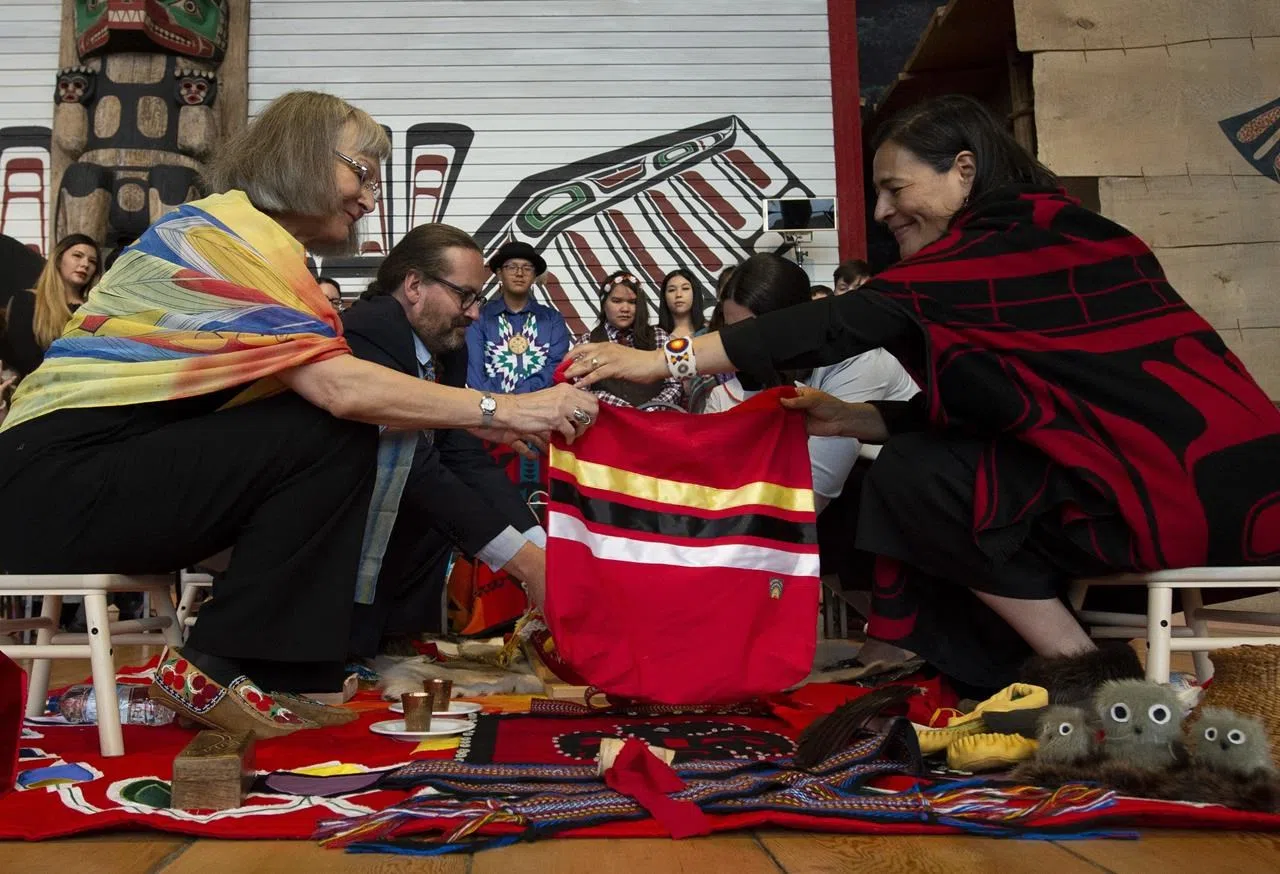
MMIW commissioners reconcile Canada Day with their genocide finding
WINNIPEG — When Michèle Audette was growing up, Canada Day was not a celebration.
It left her feeling bitter.
The daughter of a Quebecois father and an Innu mother, Audette didn’t see herself in the school curriculum.
She didn’t see a recognition of Indigenous populations that existed for thousands of years in many of the places she lived.
